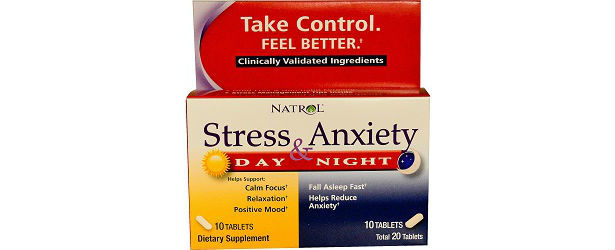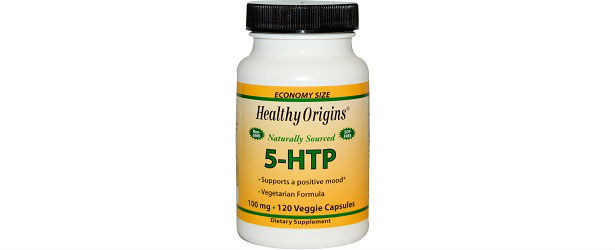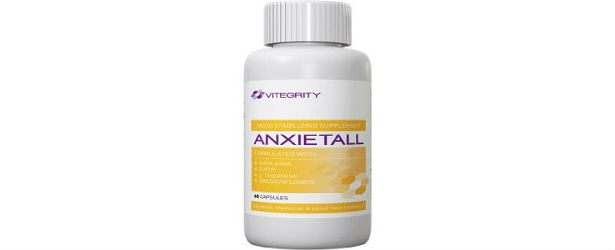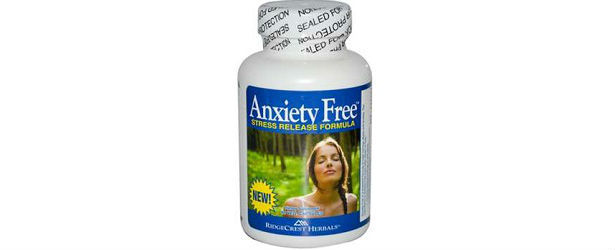
The Anxiety Solution: Drugs vs Therapy
As many as 40 million Americans show symptoms of an anxiety disorder. Unfortunately, modern medicine has yet to find a cure. It’s most common for people suffering from anxiety disorders to combine medication with therapy to manage and treat their symptoms. What ultimately helps “cure” the anxiety is therapy, along with the patients’ hard work.
Treatment Method
Which cures anxiety, drugs or therapy? Here is a longstanding debate over which treatment method is most effective, be it medication or any of the various therapies. There are positives and negatives to each mode of treatment. Every individual who struggles with anxiety has his or her own preferences and style. Medications can be effective. However, they really only address the symptoms. Yet once those symptoms subside, patients are better able to tackle the underlying core issues.
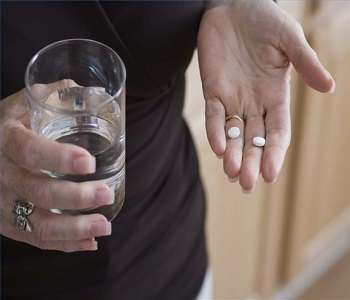 This is where therapy comes in. Some people prefer a drug-free method because of the risks of side effects and potential dependence upon medication. But for others, it just seems so much easier to take a pill. Understand, however, that anxiety symptoms can return after you stop taking medication. Symptoms do not typically come back after therapy ends, so it would appear that therapy is a more effective long-term treatment choice.
This is where therapy comes in. Some people prefer a drug-free method because of the risks of side effects and potential dependence upon medication. But for others, it just seems so much easier to take a pill. Understand, however, that anxiety symptoms can return after you stop taking medication. Symptoms do not typically come back after therapy ends, so it would appear that therapy is a more effective long-term treatment choice.
Types of Therapy
The most common types of therapy used to treat anxiety are cognitive-behavioral therapy and exposure therapy. When patients confront their anxiety-inducing issues, they learn how to better cope and manage those issues.
In cognitive-behavioral therapy, patients learn how to replace and “turn off” negative anxieties with more positive thoughts.
Exposure therapy gradually exposes patients, in a controlled, safe environment, to the situations that caused their anxiety. By experiencing this slow exposure to the stressful setting, patients discover that negative consequences do not always result from the situation, and their anxiety diminishes naturally.
Results
These kinds of therapy are time intensive — that is, you don’t see immediate results overnight. They definitely won’t work without enormous effort by the patient. It doesn’t happen, as often seen in movies and television, where a patient talks to a therapist for one hour a week — although talk therapy is certainly a component of the treatment.
 For therapy to have positive results, patients have to practice what they learn after they leave the therapy session. Whenever they feel an anxiety coming on, the patient has to remember the techniques he or she learned in therapy and employ them to prevent the anxiety from taking over. These techniques can include breathing exercises, meditation, or writing exercises. Each method is designed to make stressful situations appear less threatening and stressful.
For therapy to have positive results, patients have to practice what they learn after they leave the therapy session. Whenever they feel an anxiety coming on, the patient has to remember the techniques he or she learned in therapy and employ them to prevent the anxiety from taking over. These techniques can include breathing exercises, meditation, or writing exercises. Each method is designed to make stressful situations appear less threatening and stressful.
Currently, an actual cure for anxiety remains to be found, but scientists continue to discover the underlying physiology and psychology behind the anxiety symptoms. Medications and therapy techniques continue to be improved. Hopefully, someday, a cure may be found.
So which is the ideal course of action to deal with anxiety, drugs or therapy? Ultimately, the best way forward is to combat the symptoms with medication, address the root causes with therapy and for the individual suffering from anxiety, to work hard and persevere.
TOP 5
ANXIETYTreatments |
|||||
| AnxiClear | Exulin | Hapinex | MindSoothe | ReloraMax | |
|---|---|---|---|---|---|
| 1 | 2 | 3 | 4 | 5 | |
| Overall Rating | 99.50% | 87.30% | 82.10% | 76.80% | 72.80% |
| Performance* |





|





|





|





|





|
| Speed of Results* | Extremely Fast | Good | Good | Average | Average |
| Quality of Ingredients | Premium | Good | Good | Average | Unknown |
| Customer Satisfaction Evaluation | 99.40% | 85.30% | 80% | 74% | 70.30% |
| Safety Evaluation | Safe for Use | Safe for Use | Safe for Use | Safe for Use | Safe for Use |
| Customer Service Rating |





|





|





|





|





|
| Reorder Rate | Highest | Good | Average | Average | Average |
| Return Policy | Risk Free | Unopened | Unclear | Good | Risk Free |
| Success Rate* | 99.40% | 86.20% | 81% | 74.50% | 69% |

 Subscribe Now
Subscribe Now







